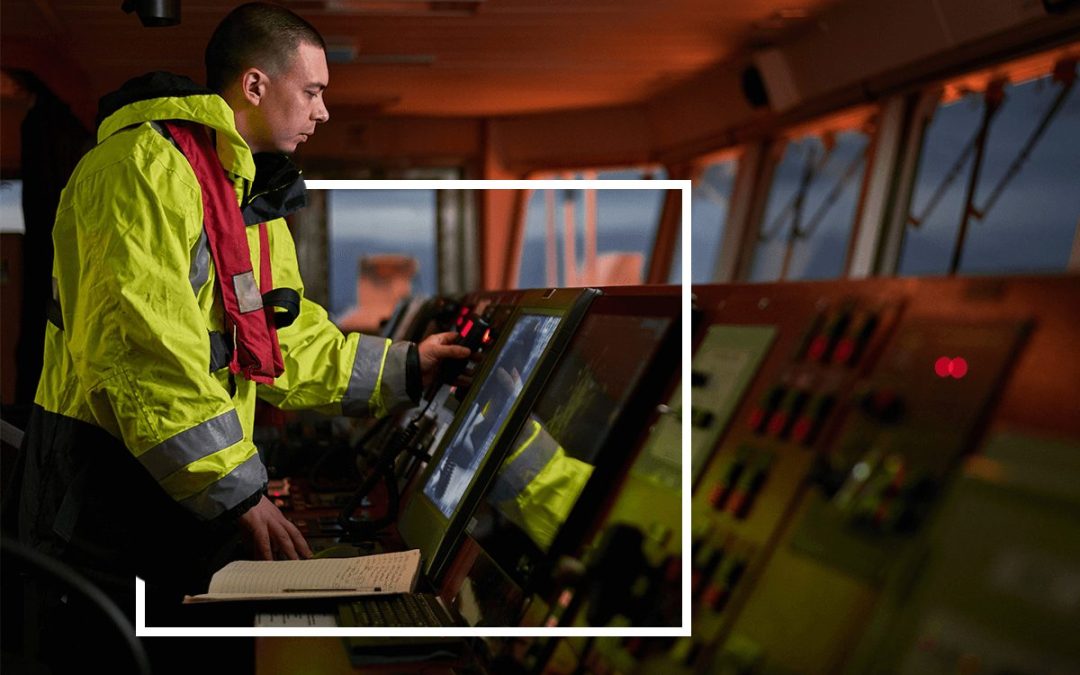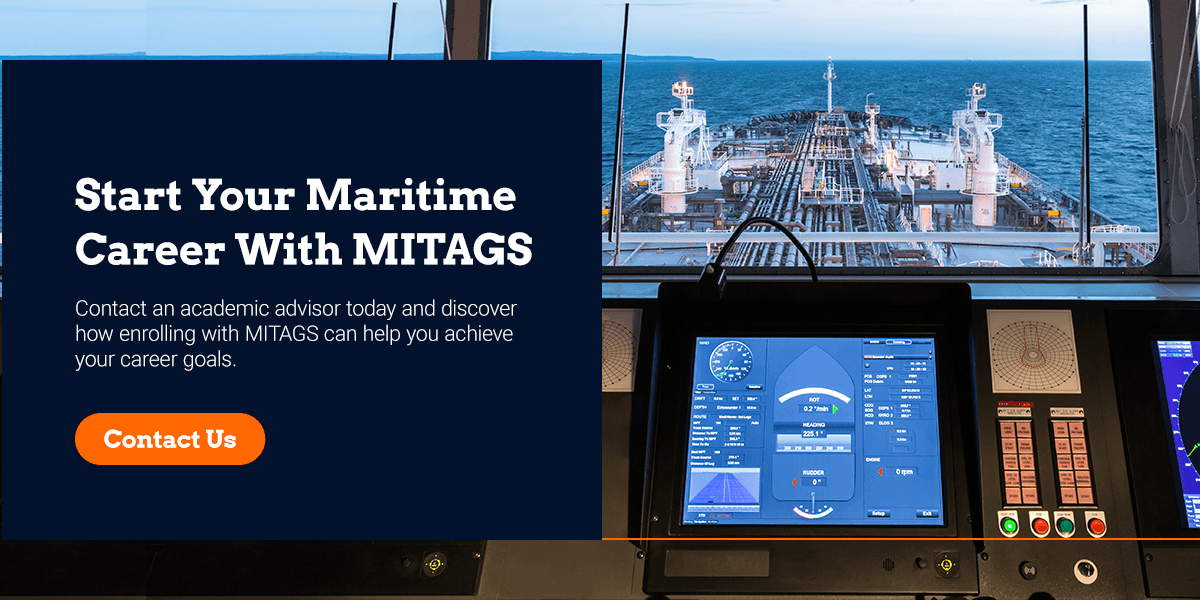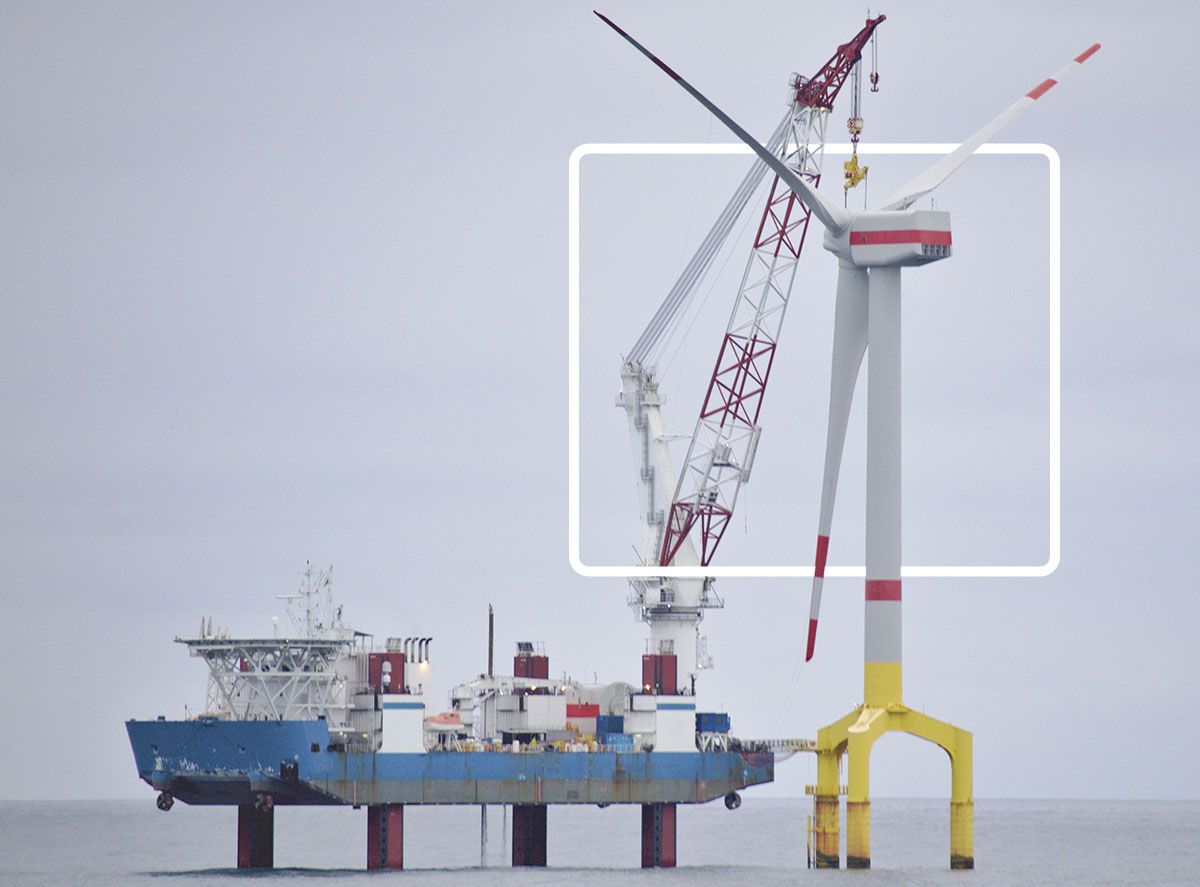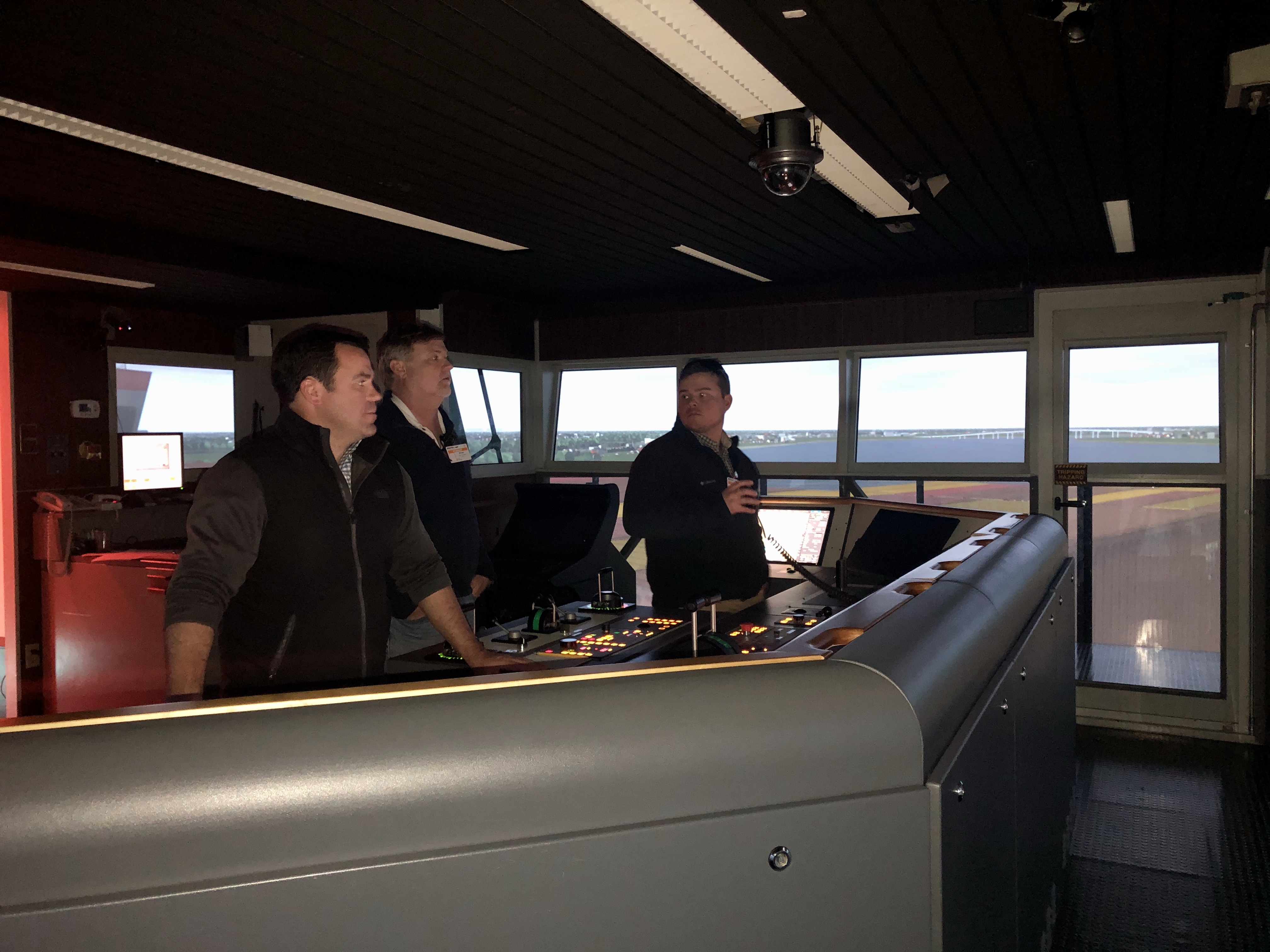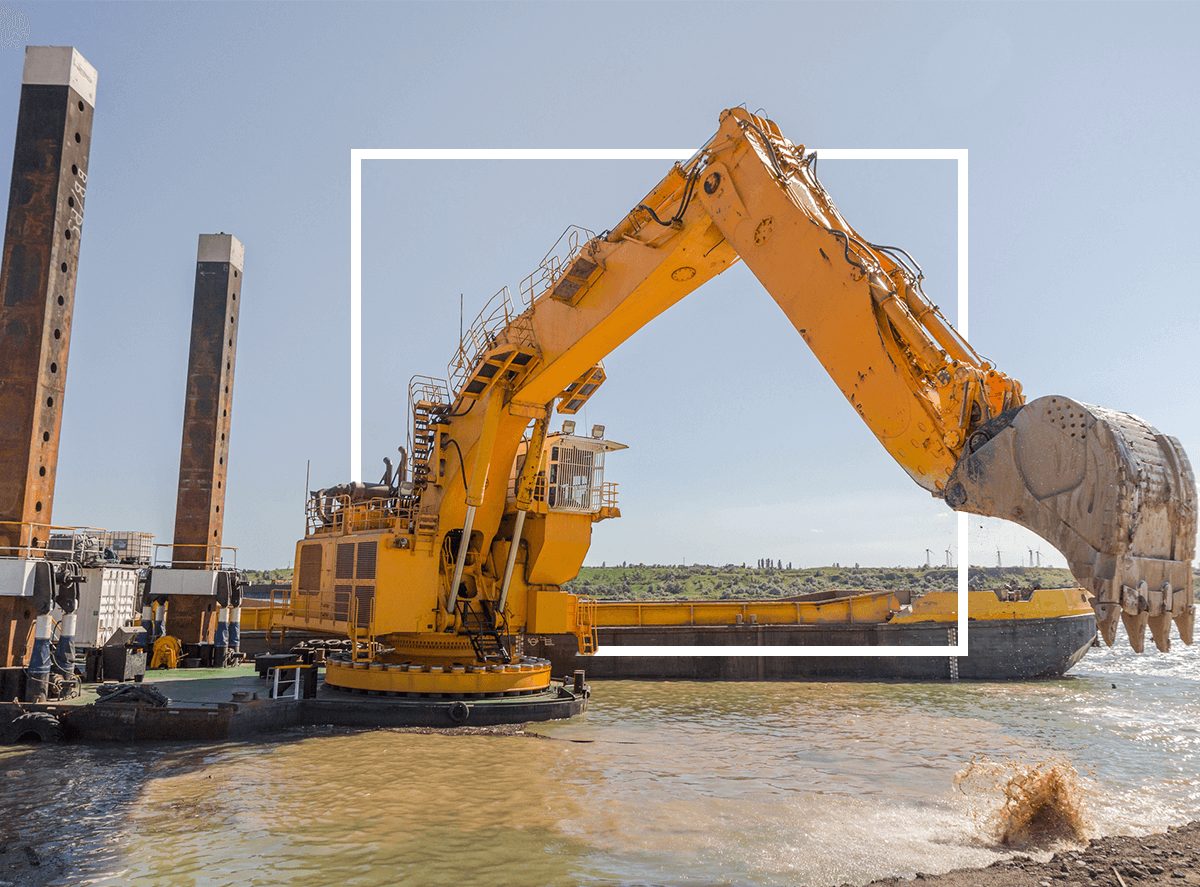Like many sectors, the maritime industry is embracing modern technology to advance and streamline operations. Individuals working and studying in this field should understand how implementing new technology changes operations for better preparation and adoption.
What Is AI and Machine Learning?
Artificial Intelligence (AI) software solutions collect data and discover patterns. Information collection offers insights into performance in real-time while giving industries comprehensive historical records decision-makers can use to drive improvements and changes. Machine learning transforms data and patterns into algorithms to automate functions and suggest more effective strategies and techniques based on past, present and forecasted conditions.
How AI Is Used in the Maritime Shipping Industry
While many industries benefit from and use AI to streamline operations and receive valuable insights, each has unique applications. Understanding how the maritime industry is adapting AI and machine learning can better prepare you for working on the water alongside this equipment.
1. Navigation and Route Optimization
AI equipment studies past behaviors and learns from them to apply actions itself. By reviewing routes and navigational patterns, AI can navigate vessels without human intervention, opening the possibility for autonomous ships or those with minimal crew members. These operations allow Deckhands to focus on other essential tasks on the ship, ensuring safe cargo delivery and increased efficiency.
Information like fuel use and water traffic can offer many applications for vessel efficiency and streamlined operations. Route optimization can help crews reach their destination quicker and optimize time on the water. AI can assist in planning and operating, using details about local weather patterns and forecasts, traffic patterns and fuel use to find the quickest and safest routes for crews.
2. Fuel Consumption
Sailing and internal operations require fuel and energy sources to work. AI and machine learning can track how much fuel your vessels consume and suggest strategies to reduce use for better resource and cost management. Fuel consumption can also give insights into inefficient processes, helping drive improvements across ship operations.
3. Equipment and Vessel Maintenance
Maintenance is an essential aspect of ship efficiency and safety. When equipment functions at its best, crews can experience better time and fuel efficiency. Even smaller damages and wear can impact entire systems, causing them to overwork and use more energy and fuel, increasing vessel costs and consumption. Damage that goes unnoticed can become a liability for passages, causing potential dangers.
AI uses sensors to analyze the performance of your equipment to determine where there might be issues. When it detects uncharacteristic changes in fuel or energy use and heat production, it can alert crews that the machine needs inspection and maintenance. Because crew members have many responsibilities, AI equipment monitoring can provide better upkeep equipment by increasing visibility and awareness. Equipment can receive the attention it needs sooner rather than waiting until the next maintenance, service or inspection cycle.
4. Port Density and Traffic
AI analyzes information from many sources, including your radar, sonar and GPS scanners, to provide more specified results to your area. When docking at ports and traveling the waters, it records other vessels and stores it with your historical data. As it gains an understanding of regular patterns, it can help vessels navigate water safely by encountering fewer ships.
This data benefits ships in multiple ways. You can complete trips more efficiently by knowing you can dock sooner. This data can also promote greater safety on the water. Even with all available equipment, collisions and accidents are frequent. Analyzing and using traffic pattern data can help your crew avoid heavily trafficked areas and reduce collision risks.
What Are the Advantages of AI in the Maritime Shipping Industry?
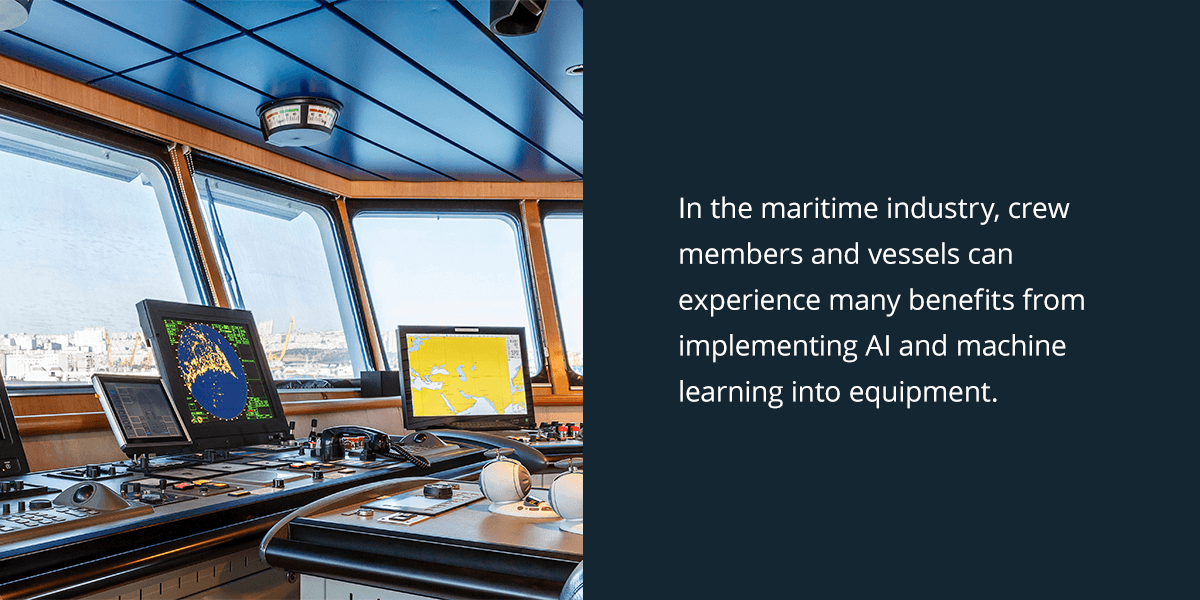
AI is helping many industries manage operations and implement improvements. In the maritime industry, crew members and vessels can experience many benefits from implementing AI and machine learning into equipment. Some benefits include:
- Reducing costs: AI data tracking and insights can identify inefficient resource use and costly operations. Analyzing fuel use can locate where you are overconsuming resources. Crews can determine strategies to reduce fuel usage, helping cut organization costs. Other processes like more efficient routes and optimized maintenance also cut fuel use, helping vessels reduce their expenses for each trip. Because AIs use historical and forecasted data alongside present conditions, crews can make adjustments to save money on the water.
- Improving efficiency: From streamlining routes and port access to automated navigation, ships leveraging AI and machine learning can help crews maintain and improve efficiency standards. With automated features, teams can leave processes like data collection and navigation to the computers, allowing them to focus on other essential tasks that require their attention. With data collecting in real-time, crew members can react quickly to changing conditions and use historical data to take more proactive approaches to handle problems more efficiently.
- Supporting sustainability: For many organizations, maintaining sustainable practices is a significant priority. AI can support efforts to reduce carbon emissions and waste through resource use and analysis. Tracking fuel burning and use can see if ships consume more finite resources than necessary or highlight when emissions decrease. Crew members can better implement new sustainable practices when they understand how actions impact the environment.
- Eliminating human error: In any industry, individuals make mistakes, especially in data collection and analytics. Individuals can easily misread numbers, causing them to accidentally omit or incorrectly record information about essential operations. These mistakes can impact present decisions and make historical data unreliable. With AI data tracking, you can ensure your information is accurate, so you can ensure changes in metrics are due to different conditions.
AI and machine learning technology can help ships and crews improve operations in several ways to strengthen your services and reputation. When you can safely and efficiently deliver goods, you can develop stronger relationships with your clients.
Will AI Replace a Seafarer’s Responsibilities?
As AI increases in popularity on ships and vessels, many crew members and Deckhands are concerned they will lose their jobs as computers can perform more and more. However, crew members shouldn’t worry. While AI and machine learning can streamline and assist with operations, they can only automate so much. Individuals offer unique skills and capabilities that machines cannot replicate, making a human presence on ships invaluable.
Individuals interested in working in the maritime industry can advance their careers by learning more about the technology used on ships. Education and training can better prepare crew members for what it is like working with AI and using the data it provides.
Start Your Maritime Career With MITAGS
Whether you are beginning your maritime career or advancing your existing one, quality education can give you the knowledge and skills you need to thrive in the maritime industry. The Maritime Institute of Technology and Graduate Studies (MITAGS) offers several courses and certification paths for individuals interested in life on the water. With our programs, you can earn the experience, hours and licenses required to work as a mate or captain on vessels, while classes in leadership and research provide other essential skills to advance your career.
Contact an academic advisor today and discover how enrolling with MITAGS can help you achieve your career goals.

